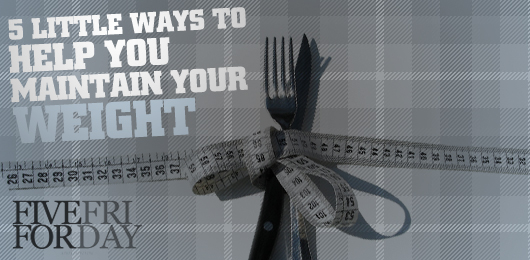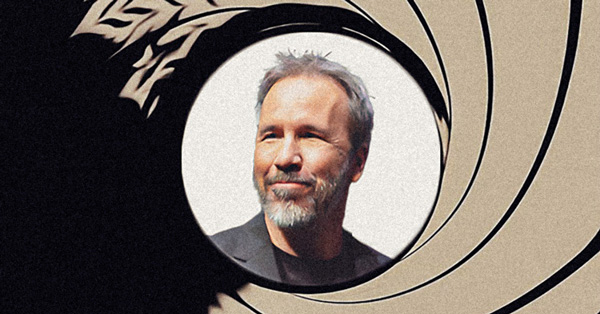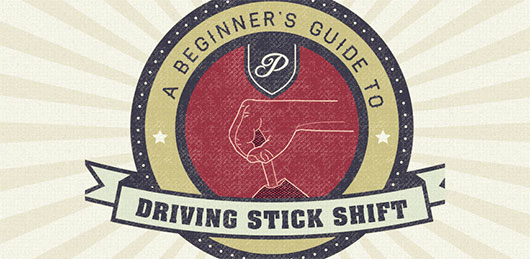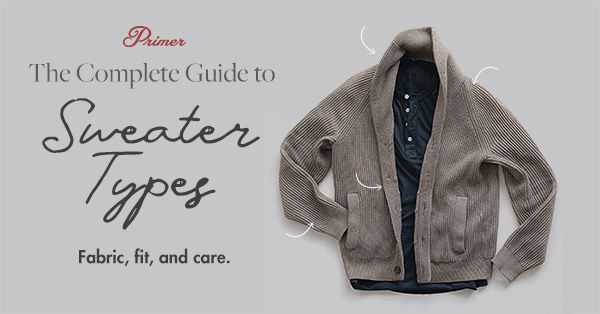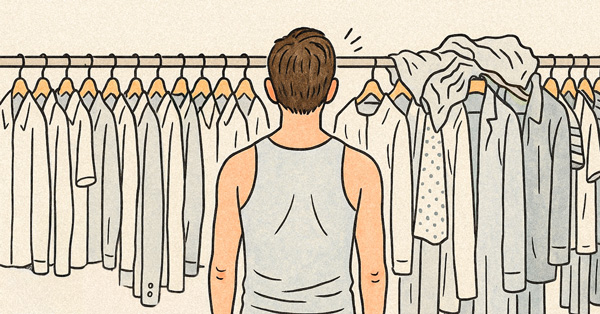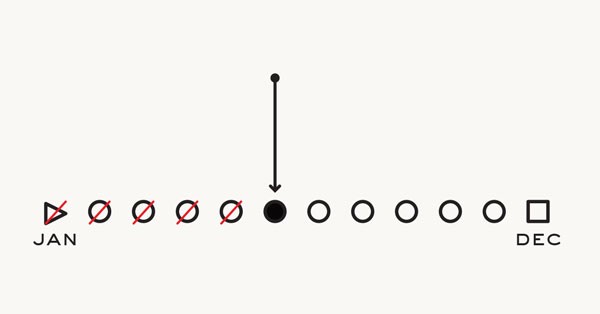Every Friday, I’m compiling a list of five things that meet one criterion. “What is that criterion,” you ask? Well, it’s going to change every week and you’re just going to have to try and keep up.
This week…
Five Little Ways to Help You Maintain Your Weight
Nobody's broken any big news in the world of healthy eating habits for a few years. Yes, we know about five or six smaller meals being better than than three big ones. We know that potatoes and corn aren’t quite legitimate vegetables. Blah blah blah.
But how about some little tricks and tips for ensuring that your eating lifestyle doesn't affect that number on the scale – the minor cheat codes you never heard about in health class?
I’ve got some for you.
5. Water
Several months ago, I mentioned the increased calorie-burning capabilities of those who drank as little as 16 ounces of water. That’s still true. On top of that, consider this: drinking ice-cold water can lead to additional calorie burning as a result, as the very definition of calorie (little “c”) is defined as the energy expended by your body to raise the temperature of a single gram of water by 1 degree Celsius (for reference: 100,000 little “c” calories equal 100 big “c” Calories).
If you drink the recommended 64 ounces of water per day and that water is legitimately near-freezing, your body will burn about 70 additional Calories (big “c”) just to warm it up to an acceptable temperature. 70 doesn’t seem like all that much but I never said it was a miracle cure, just a nice little peripheral way to keep your tummy furnace chugging right along. Plus, if you drink more than 64 ounces, that “Calories burned” total will only get higher so, derr, drink more water.
4. Chatting
Talking during a meal will slow down your eating pace, allowing your body more time to digest and, more importantly, inform your brain of precisely when you are actually full. Try it sometime – you will absolutely find yourself eating less than if you were alone or in front of a television and yet you will feel just as satisfied.
It’s important to point out that you should not talk while chewing, though, because that’s gross and you could choke. Finish your bite and then engage your dinner guest in conversation. We all thank you, in advance.
3. Olive Oil
One of the ways people get in trouble with their eating habits is snacking immediately before or after a meal, as their hunger just cannot be contained (I personally feel really good about myself when I ultimately decide that a bag of trail mix is a perfectly acceptable dinner).
Here’s how you can combat this never-ending snack menace: if your hunger seems indestructible fifteen minutes before or after your meal, soak up two teaspoons of olive oil with half-a-slice of bread and stick that in your belly. Ingesting olive oil triggers the production of a gastrointestinal hormone called “cholecystokinin” which is one of your body’s chief “You’re Full. Stop Eating!” chemical warning systems.
2. Caffeine
While some of the effects that stimulants like caffeine can have on metabolism and weight loss are a little overstated/misinterpreted, there is one known benefit.
A large Harvard study discovered that men who got 200 milligrams of caffeine per day (the equivalent of one eight-ounce cup of coffee) were less likely to pack on any pounds in a 12-year span than those who didn’t partake in the daily cup of joe. Caffeine helps stimulate fat use, particularly during periods of exercise. Jump on it.
1. Sleep
Making sure you get normal, healthy amounts of sleep stabilizes your body hormonally, ensuring all the gooey stuff inside you continues to hum right along without missing a beat.
First up is the effect sleep deprivation can have on cortisol (your body’s chemical control for stress): when you’re not sleeping enough, you get stressed easier and more often, leading to increased cravings for “comfort foods” which… well, they’re comforting for a reason (they’re usually not good for you).
Next comes ghrelin and leptin, two hormones that control hunger and feelings of fullness. The less you sleep, the less your body produces these two mystical-sounding potions which means that you will be hungrier and less satiated in the hours following your lack-of-sleep. Increased hunger and an inability to feel full = not good.
Finally, your brain secretes growth hormone throughout the day but the largest secretion takes place during deep sleep phases. Growth hormone is regarded as a performance-enhancing drug in sports for a reason – part of its power is that it helps turn fat into fuel and subsequently increases energy levels. Basically: don’t grab a syringe if you would like to improve your ability to hit home runs, just go to bed at a reasonable hour.



